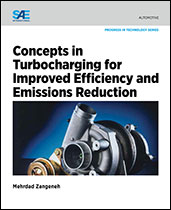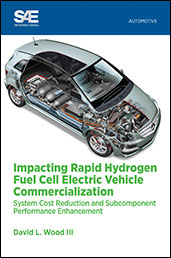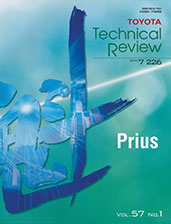Book

Honda R&D Technical Review: April 2012
2012-04-01
This e-book gives unique insight into the cutting-edge technical developments from Honda's worldwide R&D team. The 23 papers included in this volume chronicle the best of Honda's documented technical advancements from October 2011 through March 2012 in automotive, motorcycle, power products, and other technologies. Full-color diagrams complement the text. Title highlights include: • Development of New CVT for the K Car • Development of New ASIMO - Realization of Autonomous Machine • Battery Control Technology for Li-ion Battery System for HEV • Study of Evaluation Method for Knee-grip Feeling of Motorcycles • Construction of Knock Detection Logic by Pattern Recognition Using Short-time Fourier Transform









